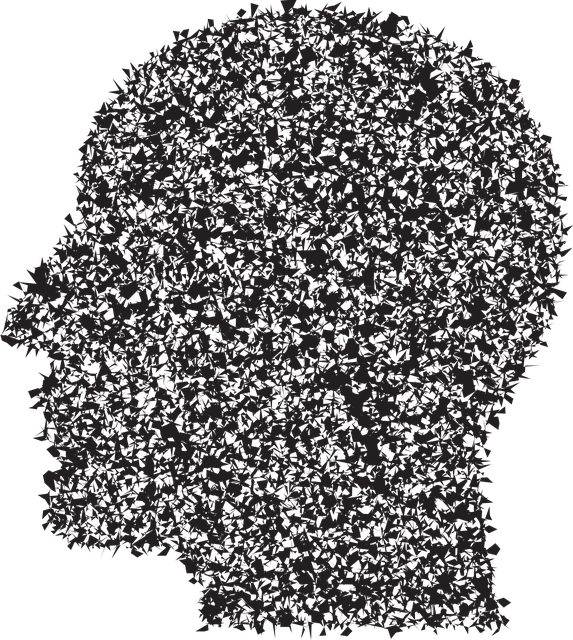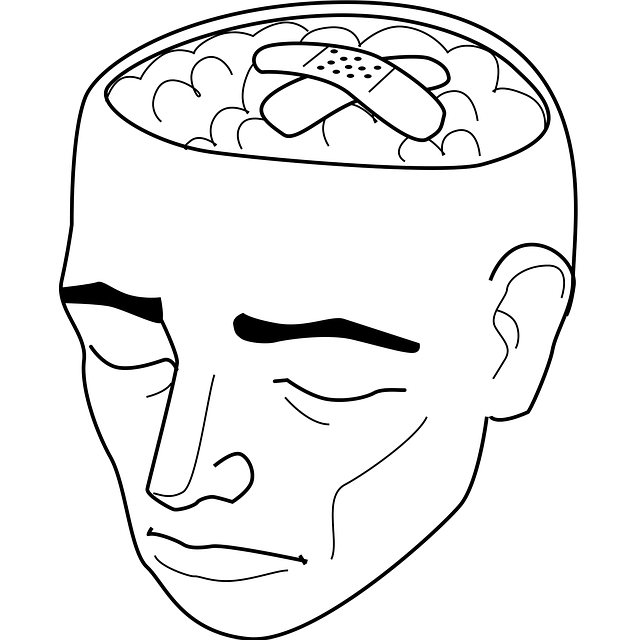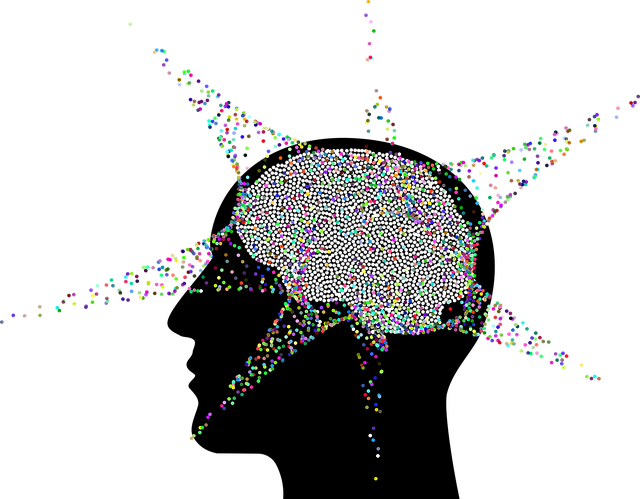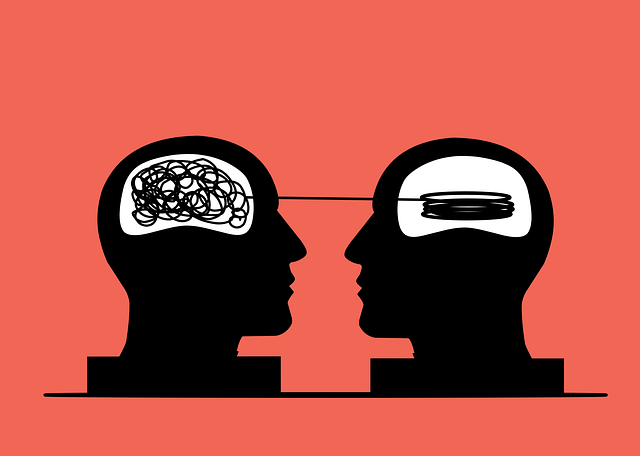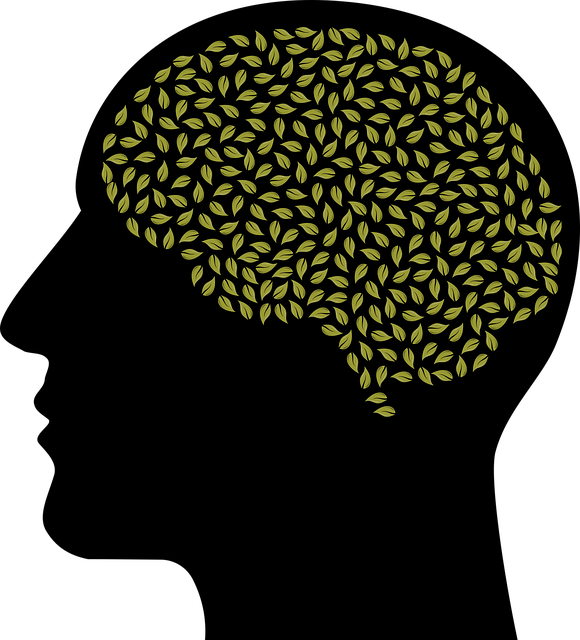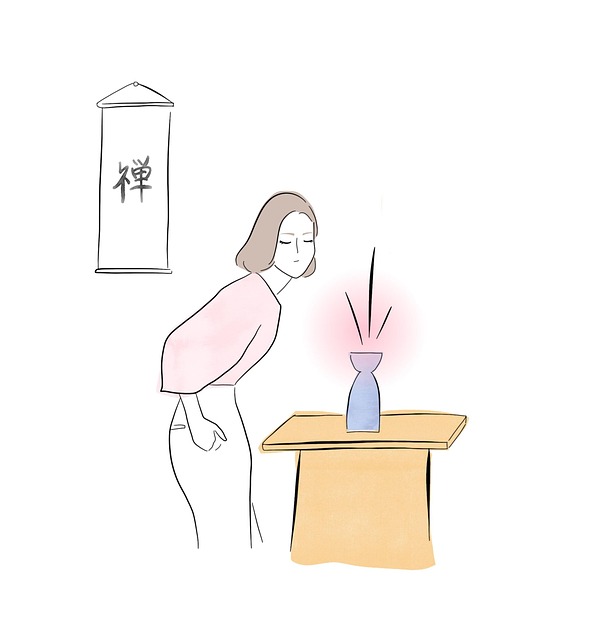Social skills training and community support are vital for individuals in Boulder struggling with postpartum depression (PPD). Specialized therapy services, including stress management workshops, equip mothers with coping strategies to enhance social experiences. Boulder Postpartum Depression Therapy offers safe spaces, group sessions, and individual counseling, incorporating mindfulness, communication techniques, and empathy building to improve mental health and foster connections. By combining evidence-based practices with community outreach, this therapy empowers new mothers to navigate PPD, reduce isolation, and promote long-term recovery.
Social skills training emerges as a powerful tool in managing mental health conditions, especially postpartum depression. This article delves into the intricate relationship between social interactions and mental well-being, highlighting specific impacts of conditions like postpartum depression on social connections. We explore why such training is vital for recovery and present effective strategies to foster social engagement. Furthermore, we introduce Boulder Postpartum Depression Therapy as a beacon of hope, guiding individuals toward supportive communities.
- Understanding Social Skills and Mental Health: A Connection Unveiled
- The Impact of Postpartum Depression on Social Interactions
- Why Social Skills Training is Crucial for Recovery
- Effective Strategies for Enhancing Social Connections
- Boulder Postpartum Depression Therapy: Navigating the Path to Supportive Communities
Understanding Social Skills and Mental Health: A Connection Unveiled

Social skills are essential components of our daily lives, enabling us to connect, communicate, and build relationships with others. However, for individuals struggling with mental health conditions like postpartum depression in Boulder, navigating social interactions can be particularly challenging. These conditions often lead to feelings of isolation, low mood, and fatigue, which can significantly impact one’s ability to engage socially. Understanding the intricate connection between social skills and mental health is a crucial step towards effective support and recovery.
The link between positive thinking, stress management, and overall mental wellness becomes evident when considering how our emotional well-being influences our interactions with others. Stress management workshops and organizations play a vital role in teaching individuals coping strategies to enhance their social experiences. By learning effective communication techniques, active listening, and empathy, those dealing with mental health issues can improve their social skills, fostering better connections and potentially reducing symptoms of anxiety or depression.
The Impact of Postpartum Depression on Social Interactions

Postpartum depression (PPD) can significantly impact a new mother’s social interactions and overall well-being. The condition often presents as a profound sense of sadness, hopelessness, or anxiety that can make even simple social engagements challenging. Mothers experiencing PPD may struggle to initiate or maintain conversations, feeling exhausted and disconnected from their support networks. This can lead to isolation, further exacerbating the symptoms and creating a vicious cycle.
In Boulder, postpartum depression therapy is a specialized service designed to help new mothers navigate these difficulties. Therapists equipped with trauma support services and burnout prevention strategies for healthcare providers offer safe spaces for exploration and healing. Through individual or group sessions, mothers can learn coping mechanisms, risk management planning for mental health professionals, and build resilience to improve their social interactions and overall mental health.
Why Social Skills Training is Crucial for Recovery

Social Skills Training plays a pivotal role in the recovery process for individuals managing mental health conditions, especially postnatal depression, as it equips them with essential tools to navigate social interactions with confidence and ease. Many people struggling with postpartum depression (Boulder Postpartum Depression Therapy) may find themselves isolated due to their symptoms, which can further exacerbate feelings of loneliness and despair. Social Skills Training offers a safe space to practice and develop interpersonal abilities, fostering better connections and support networks.
This type of training goes beyond mere conversation; it delves into empathy building strategies, stress management techniques, and effective communication methods. Through role-playing scenarios and guided journaling exercises, individuals learn to recognize and manage their emotions, respond mindfully to others, and engage in meaningful conversations. By integrating Mental Wellness Journaling Exercise Guidance, these skills not only improve mental wellness but also create a sense of belonging and understanding, which are crucial for recovery and long-term well-being.
Effective Strategies for Enhancing Social Connections

Social connections play a pivotal role in managing and improving mental health, especially for conditions like postpartum depression (PPD) in Boulder. Effective strategies for enhancing social support can significantly contribute to recovery and overall well-being. One powerful approach is through community outreach programs that facilitate social interaction and connection. These initiatives bring individuals together, fostering a sense of belonging and understanding, which is particularly beneficial for those navigating mental health challenges.
Implementing a Community Outreach Program can provide a structured environment where individuals with PPD or other mental health conditions can engage in meaningful conversations, share experiences, and offer mutual support. Additionally, Mental Wellness Journaling Exercises guided by professionals can encourage self-reflection and expression, helping individuals process their emotions and build stronger interpersonal relationships. By combining these approaches with efforts to reduce the stigma surrounding mental illness, Boulder Postpartum Depression Therapy can create a supportive network that empowers individuals to embrace social connections as a vital component of their mental health journey.
Boulder Postpartum Depression Therapy: Navigating the Path to Supportive Communities

In the context of Boulder Postpartum Depression Therapy, building supportive communities is a vital step towards recovery. This therapy focuses on addressing the unique challenges faced by new mothers, offering a safe space to navigate the complexities of postpartum depression. Through group sessions and individual counseling, women in Boulder gain access to a network of peers who understand their struggles, fostering a sense of belonging. The program incorporates evidence-based practices such as mindfulness meditation, communication strategies, and empathy building strategies to equip participants with valuable tools for managing their mental health.
By integrating these therapeutic techniques within a supportive community framework, Boulder Postpartum Depression Therapy aims to empower mothers to cope effectively with their conditions. This holistic approach recognizes that mental health recovery is not just an individual journey but is greatly enhanced by connections to like-minded individuals who can offer encouragement and practical support.
Social skills training plays a pivotal role in managing and overcoming mental health conditions, especially postpartum depression. By understanding the connection between social interactions and mental well-being, individuals like those seeking Boulder Postpartum Depression Therapy can access effective strategies to enhance their support networks. These inclusive approaches not only foster community connections but also empower individuals to navigate social challenges, ultimately contributing to improved mental health outcomes.


